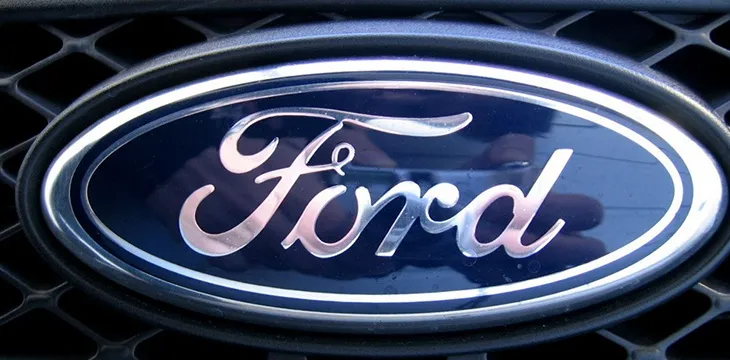|
Getting your Trinity Audio player ready...
|
Ford Motor Company is expanding its European plug-in hybrid electric vehicle (PHEV) trial, taking the electric cars to the streets of London and Valencia as part of the car manufacturer’s initiative to demonstrate the cars’ benefits to the environment.
The Ford study, which is already being conducted in the German city of Cologne, seeks to demonstrate that as the vehicle enters low emission zones that they will automatically switch to the electric drive operation. Ford had been testing 10 of these vehicles in the German city using cellular modems that enable geofencing to help in the transition process.
Ford has also implemented a new system that records metadata using blockchain technology. This metadata will include such information as when the vehicle enters or exits the zone as well as the miles driven. By recording this data, the company hopes that they are able to optimize the environmental benefits of their PHEV vehicles.
In a statement, Ford Europe director Mark Harvey explained, “Ford is committed to delivering new, more environmentally sustainable vehicles that can help address the mobility challenges our cities face…The plug-in hybrid electric vehicle trials with our partners in the City of Cologne build upon our ongoing electrification programmes elsewhere in Europe, and bring us all closer to meeting our combined urban air quality goals.”
Across Europe, more cities are introducing these low emission zones. This is an attempt to try to improve air quality, something that is becoming a serious issue across the continent. By enforcing these zones, it is hoped that they can improve the quality of air, especially in larger sized cities.
Ford is hoping that the combination of the geofencing and the use of blockchain technology will help to provide valuable data that can demonstrate how the auto manufacturer is helping to resolve this problem. As Ford-Werke GmbH chairman Gunnar Herrmann recently put it,
The blockchain technology we are testing here in Cologne enables secure, tamper-proof tracking and logging of vehicle emissions records, which makes it ideal for the PHEV pilot. Security, trust and transparency of emissions data are of paramount importance to all stakeholders in this project, and are key for our vision of cleaner air in the city.
This is not the only project where Ford will be using blockchain technology. The company recently announced a partnership with General Motors, BMW, Renault, and Honda to use this technology in car identification and payment systems. The system will be deployed in the United States starting in November.

 08-27-2025
08-27-2025 




